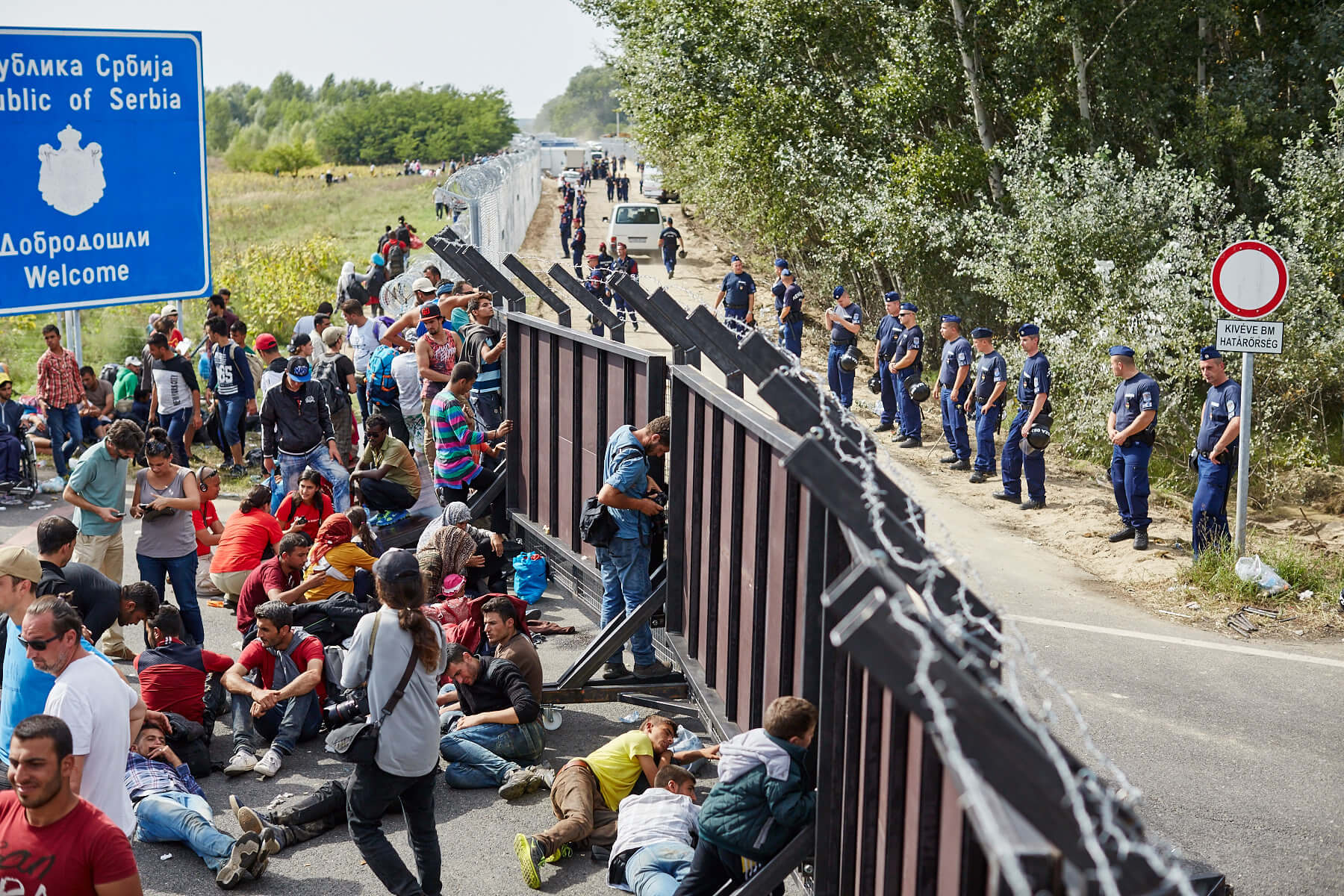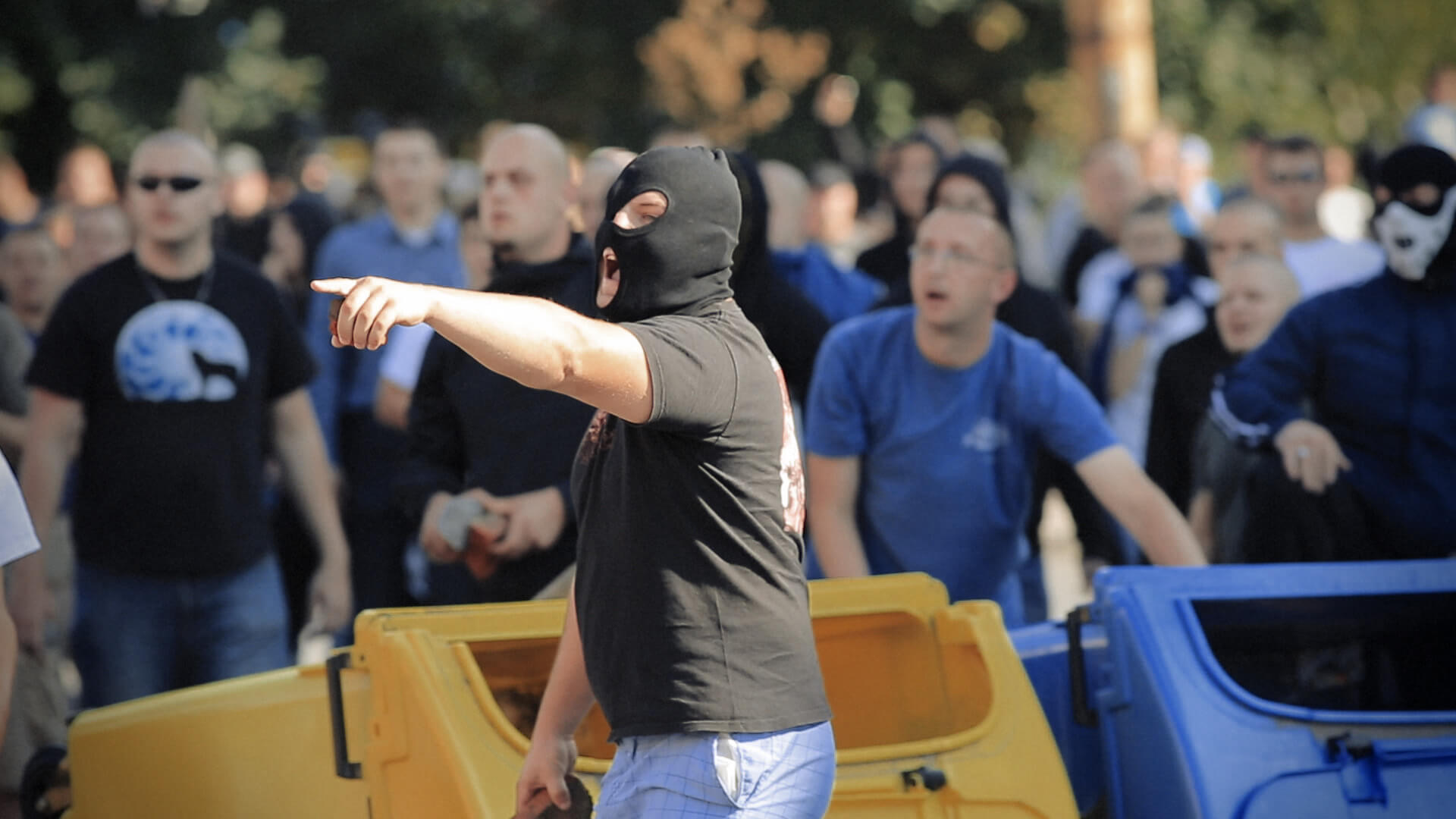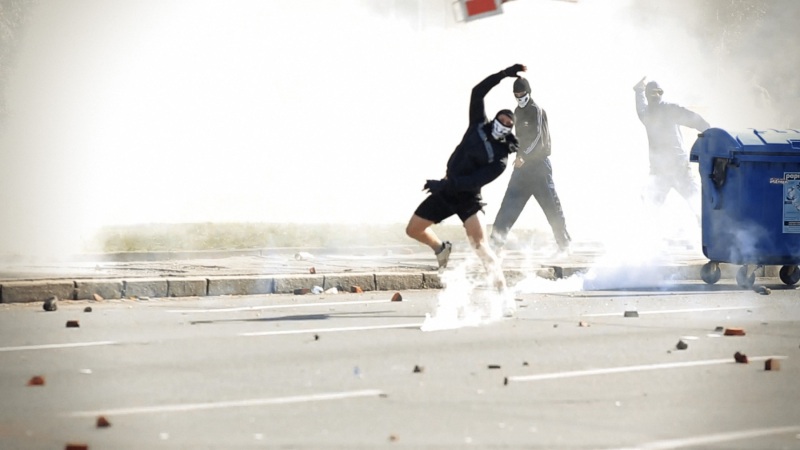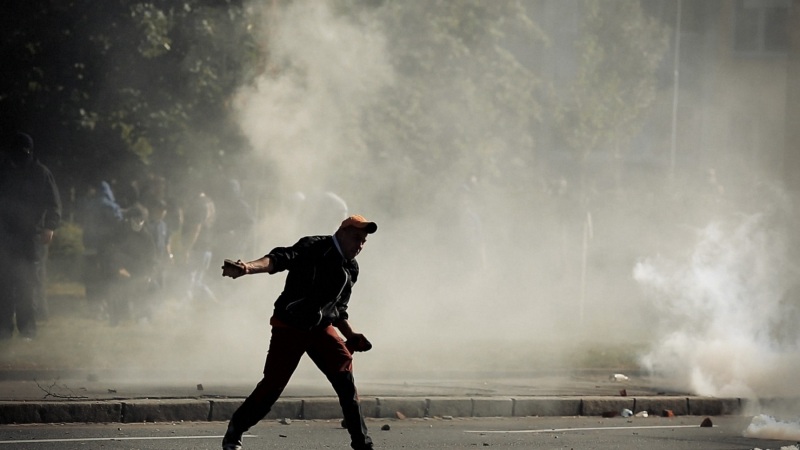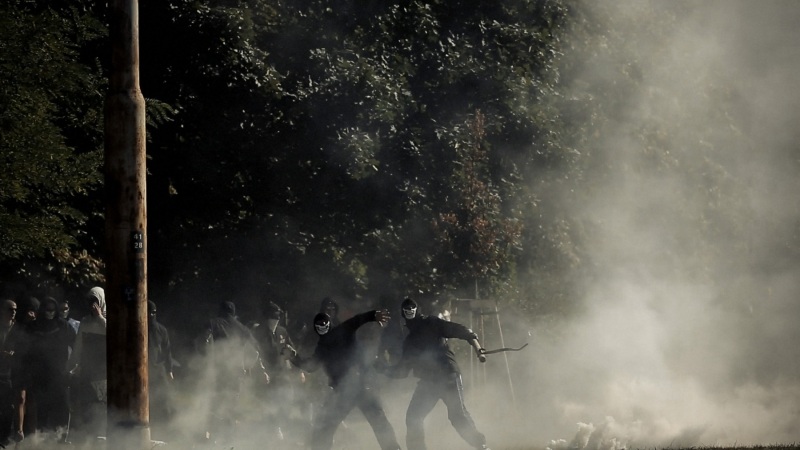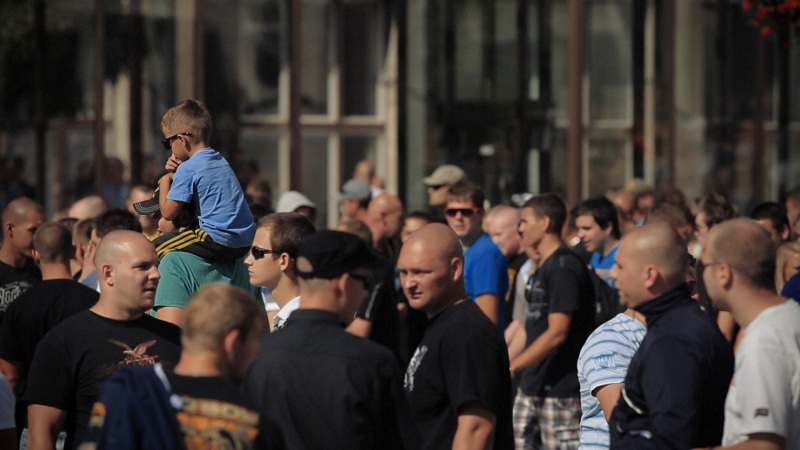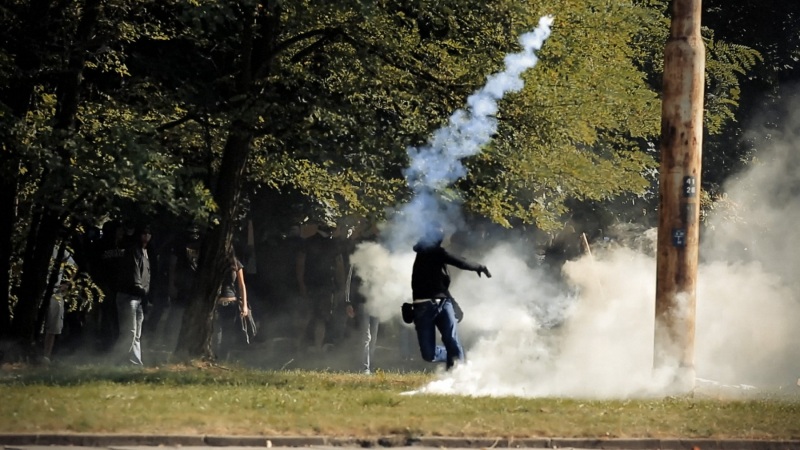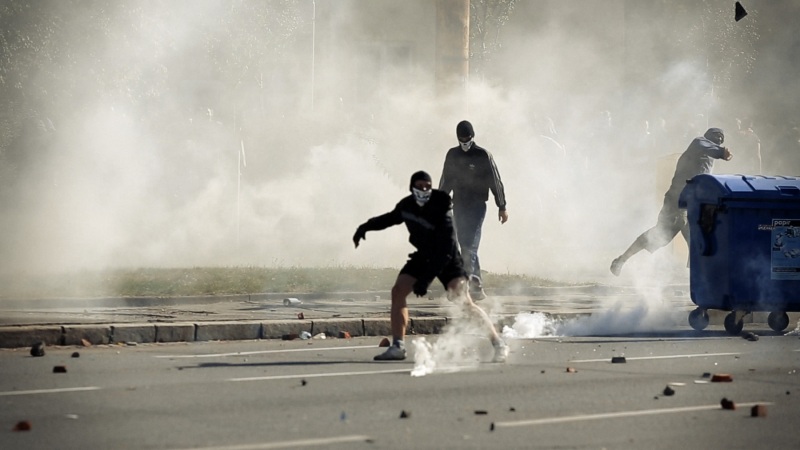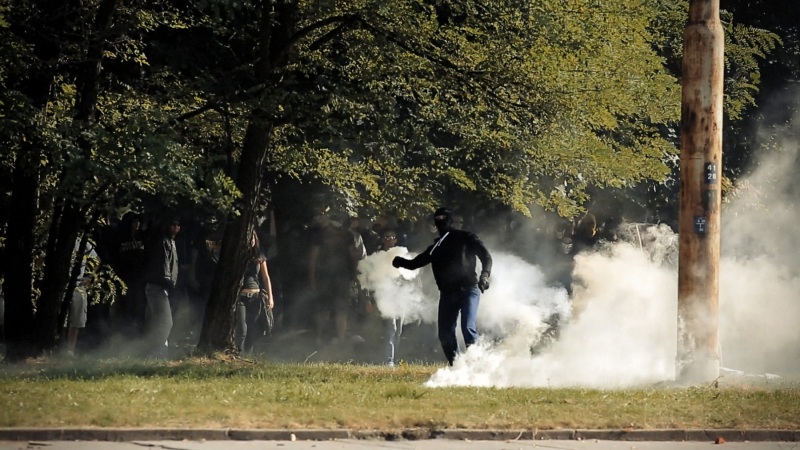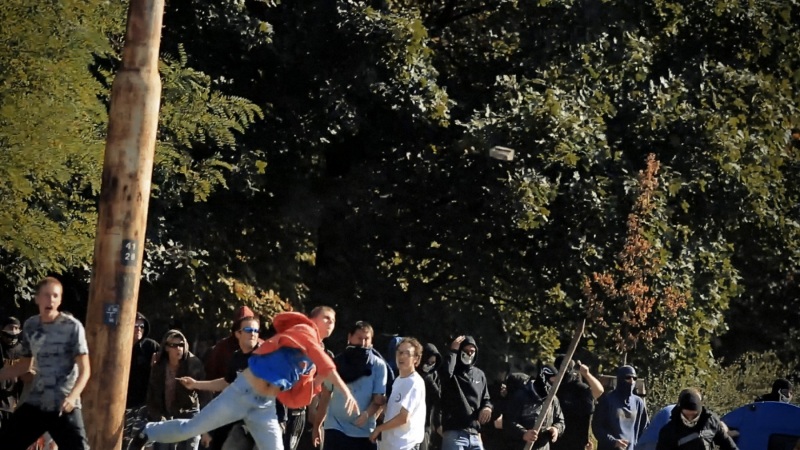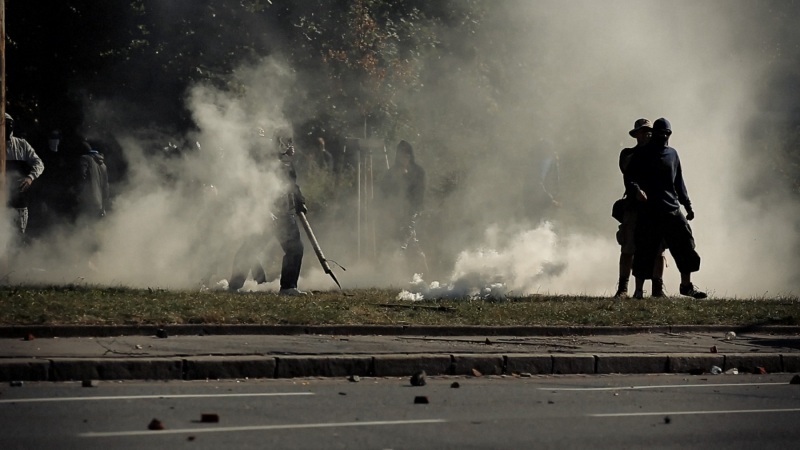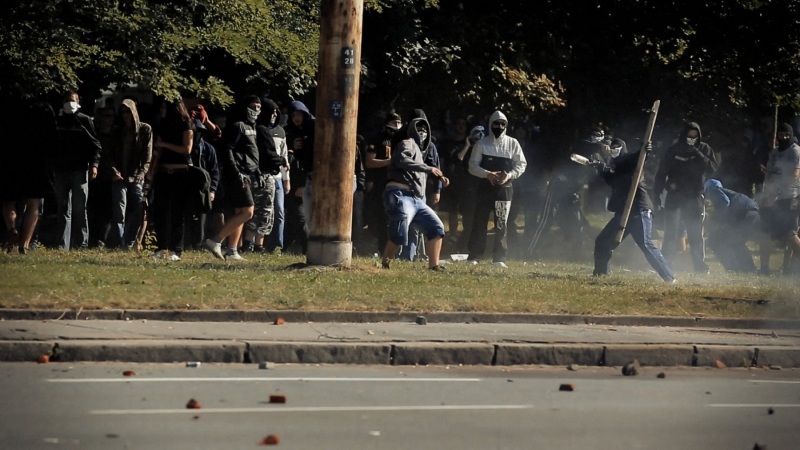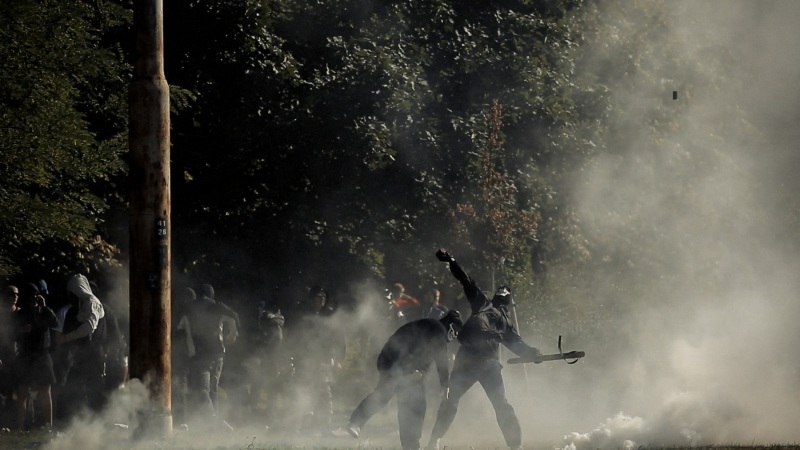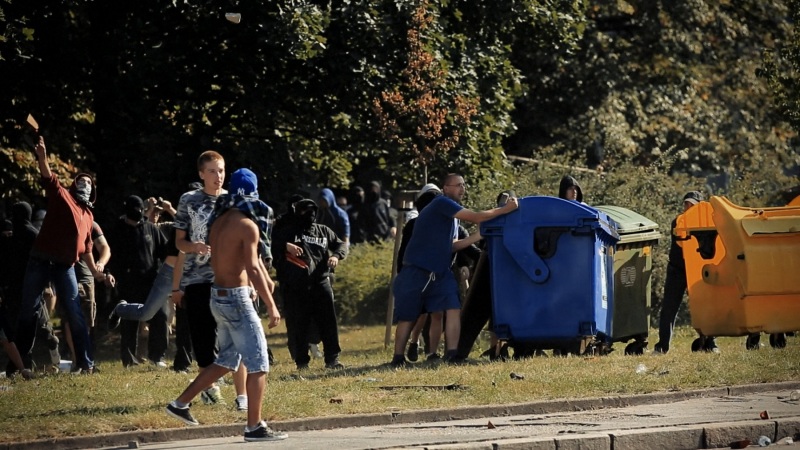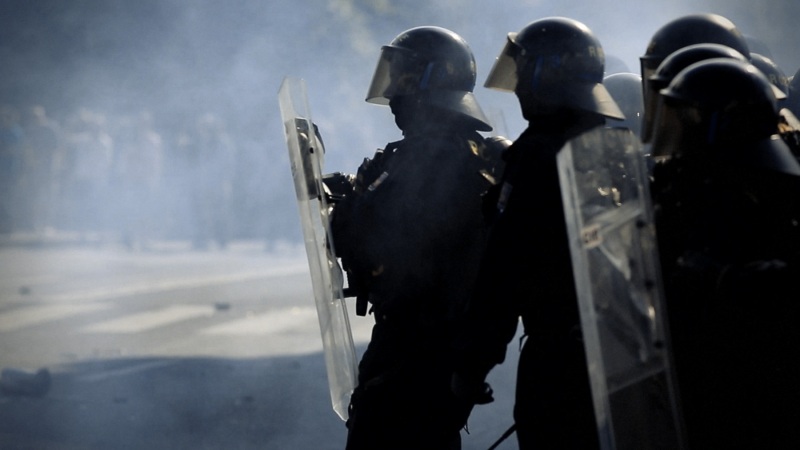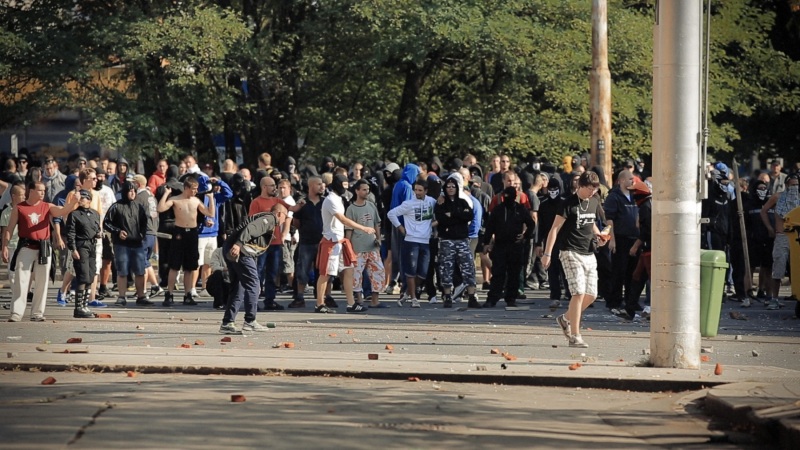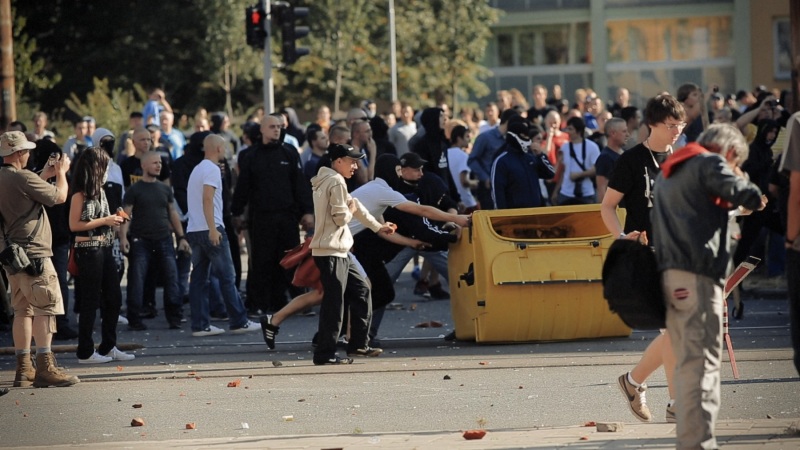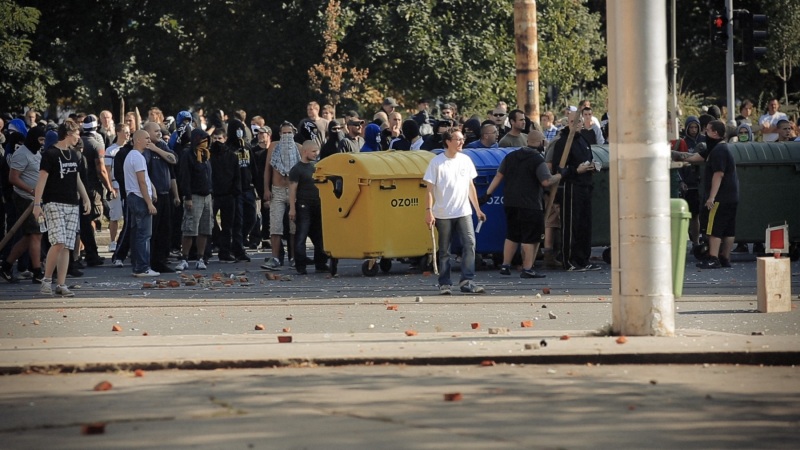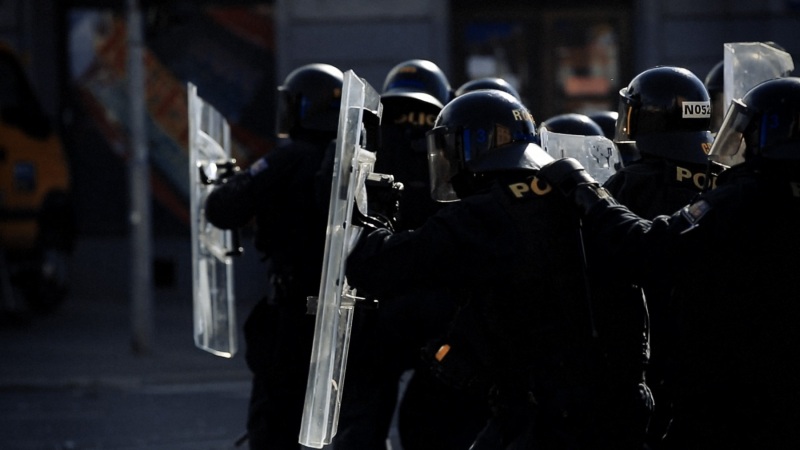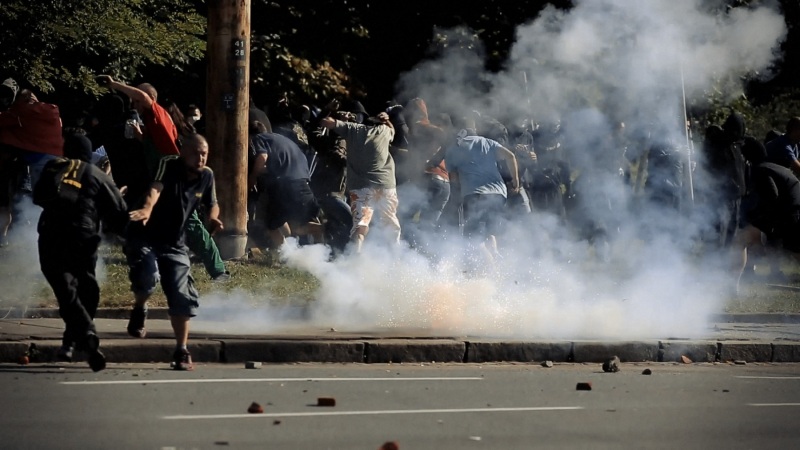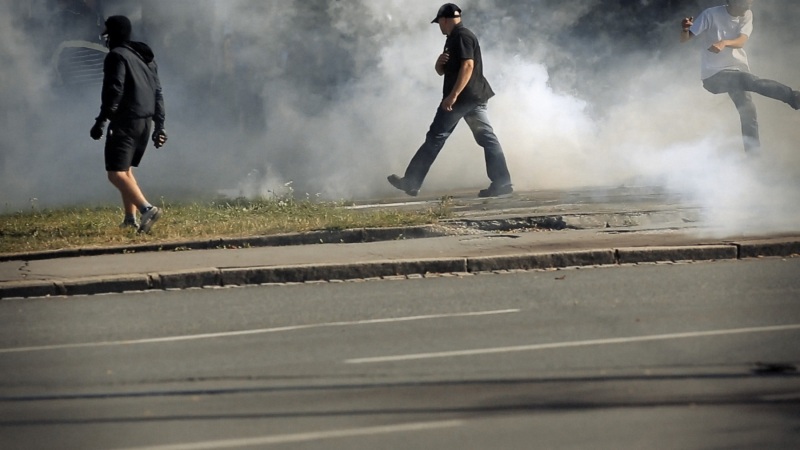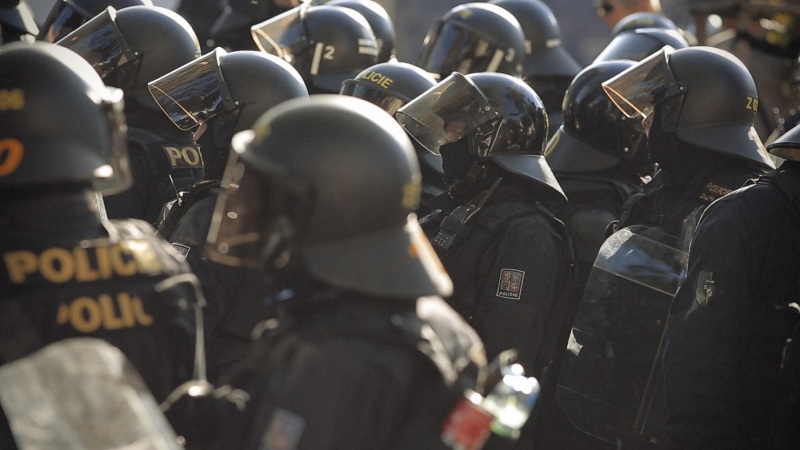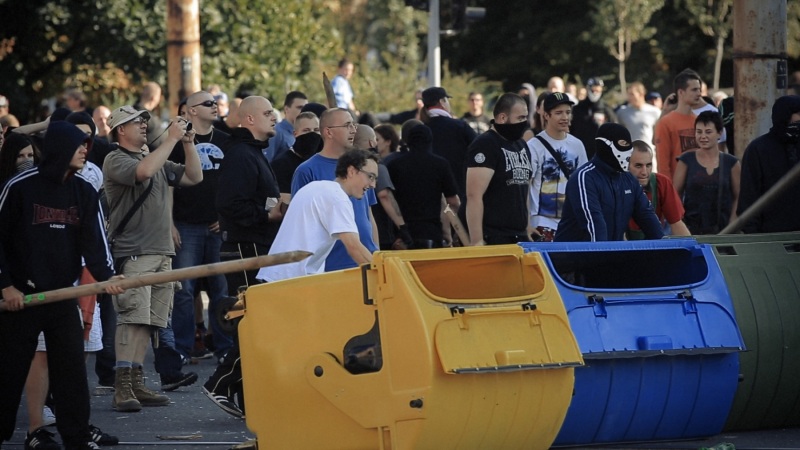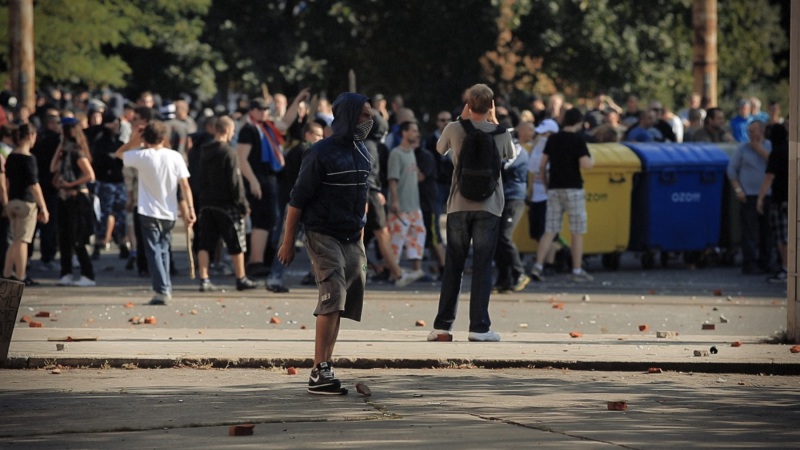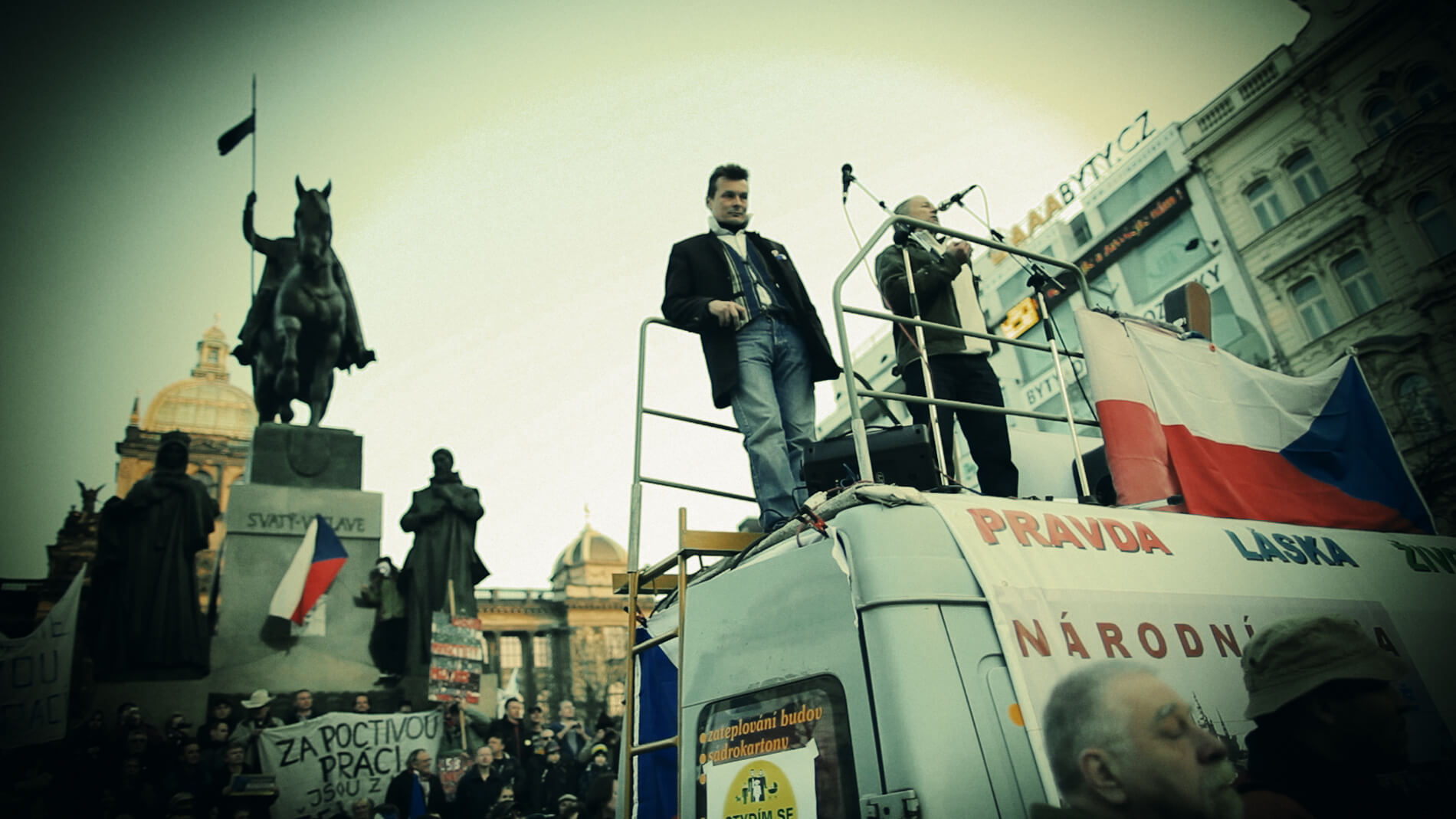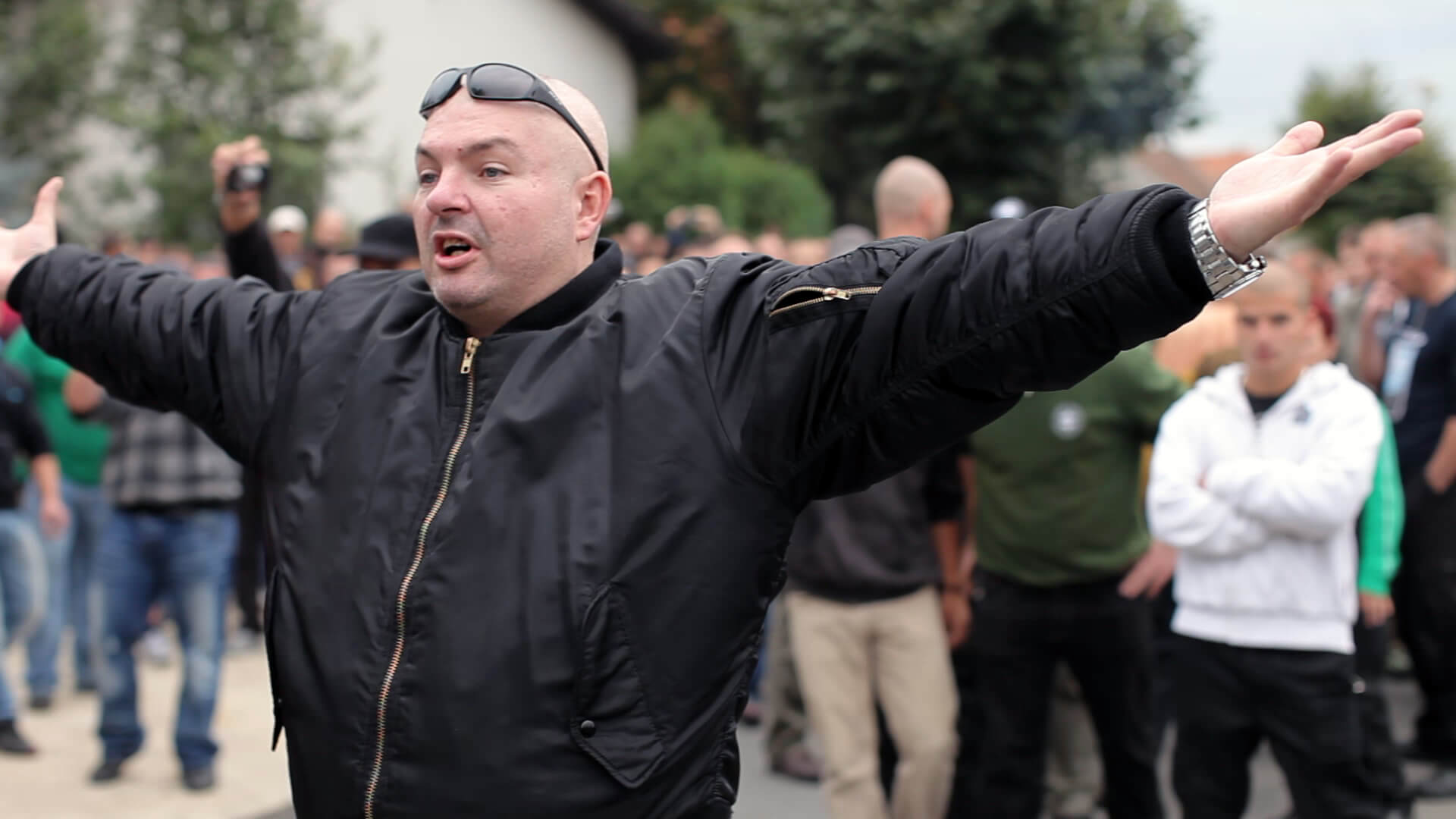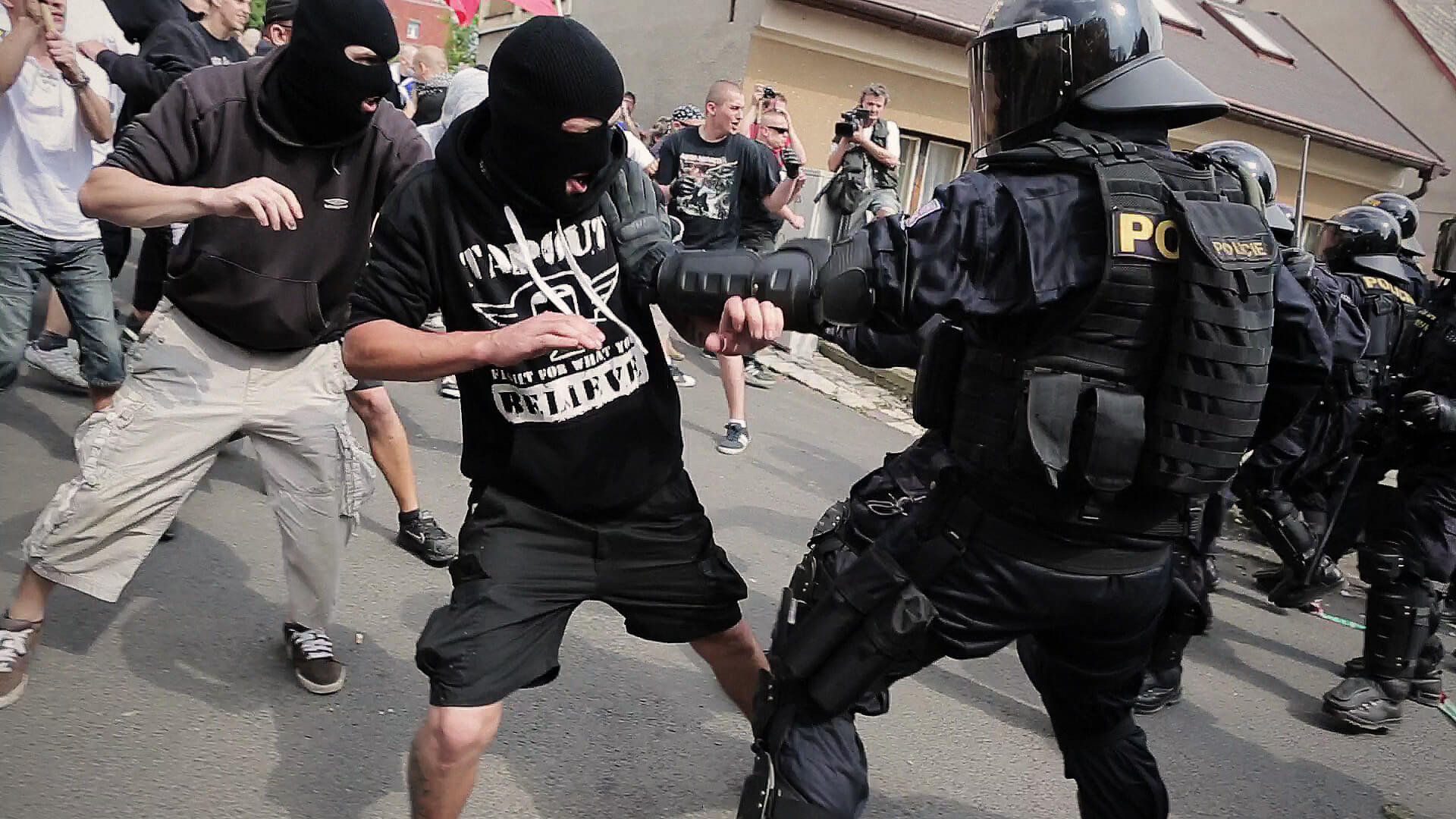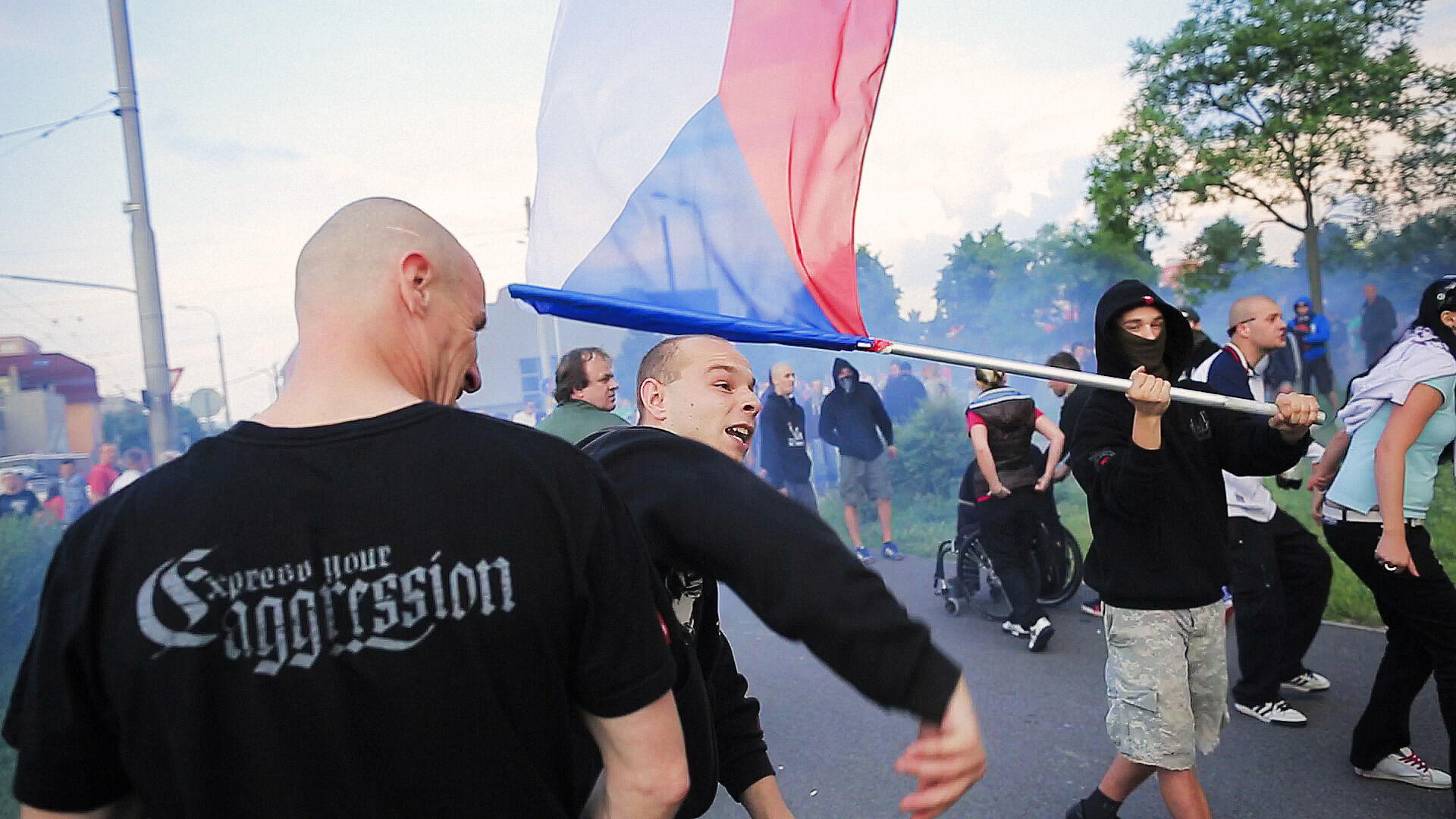During the summer of 2013, the Czech Republic saw a wave of far-right rallies against the Roma people. These rallies were sparked by a violent incident at a swimming pool in the town of Dubí, where a group of Roma individuals allegedly attacked a non-Roma woman who had confronted a young Roma boy for splashing water. The incident was widely reported in the media and quickly became a topic of debate in Czech society.
On June 24th, 2013, anti-Roma demonstrators gathered in several cities across the country, including Ostrava, České Budějovice, and Plzeň. The demonstrations were organized by far-right groups and individuals, and many of the attendees were young men with shaved heads and tattoos. The protesters chanted anti-Roma slogans and carried signs with slogans such as “Stop the Gypsy Terror” and “Roma Go Home.”
In Ostrava and České Budějovice, the demonstrations turned violent, as protesters attempted to march towards neighborhoods with large Roma populations. In Ostrava, around 600 extremists threw stones, garbage cans, and sticks at the police, who responded with tear gas and water cannons. At least 20 people were detained in Ostrava, and approximately 15 in Plzeň. In other cities, the attendance was much lower, and the demonstrations ended without any incidents.
The Roma community and their supporters expressed their disapproval of the extremism in response to the planned anti-Roma protests. A few hundred people, who were mostly Roma, gathered in Ostrava at a sanctioned meeting, while the police sent anti-riot units and conflict resolution teams to all the locations to keep the peace.
The incidents in the summer of 2013 highlighted the deep-seated prejudices and tensions that exist between the Roma and non-Roma populations in the Czech Republic. While some individuals and groups advocate for tolerance and understanding, others continue to promote hate and intolerance towards the Roma community, creating a cycle of violence and discrimination that remains an ongoing challenge for Czech society.















